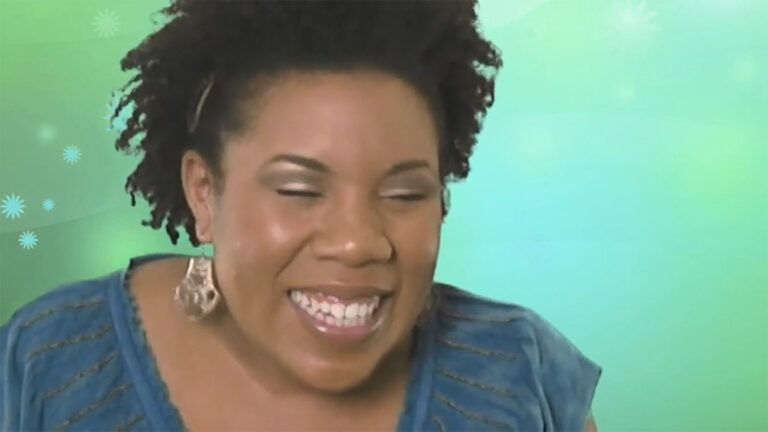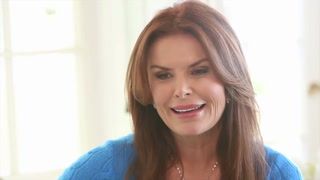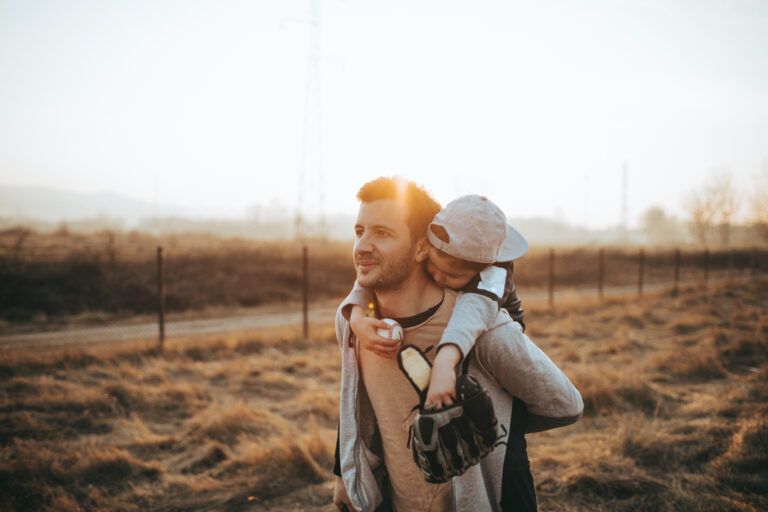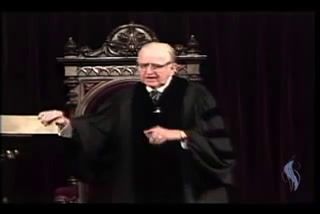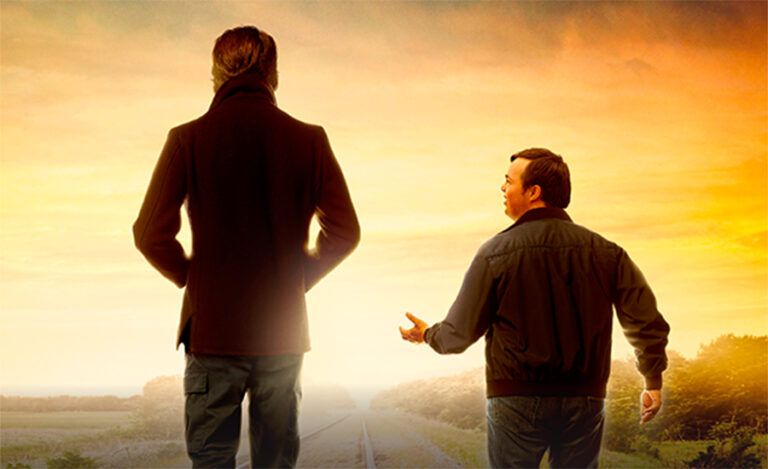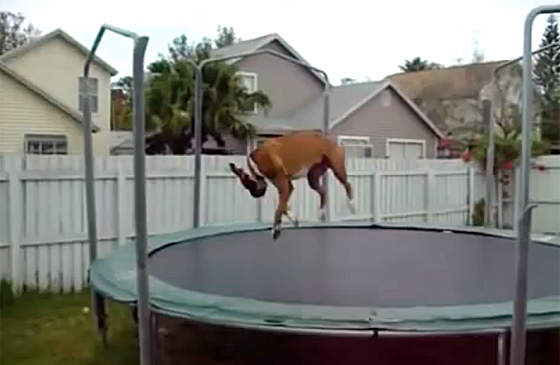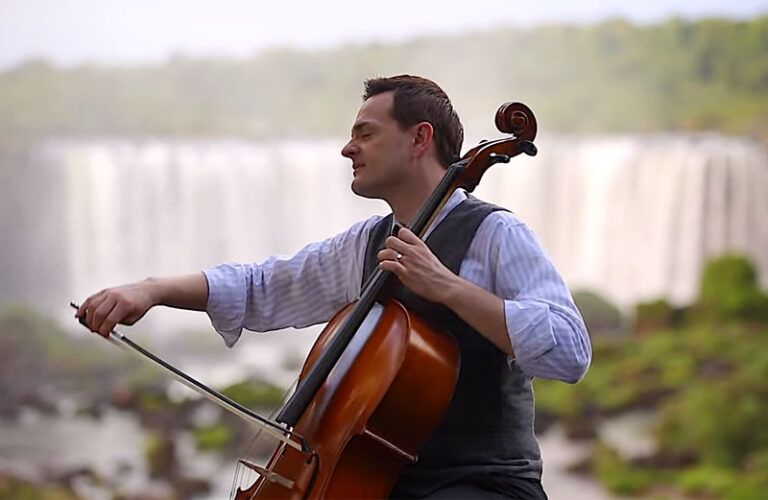
Wanda Rosseland’s Life on a Montana Farm
In this series of videos, longtime Guideposts contributor Wanda Rosseland looks back at the many years she’s spent on a Montana farm and recalls her faith and her friends helped her deal with her husband’s death.
View Transcript
Video 1: Wanda Rosseland’s Life on a Montana Farm
My name is Wanda Rosseland. I’m from Circle, Montana. An average day on the farm really probably isn’t an average day because when you’re farming, you live by the seasons.
In the spring, it’s planting, of course, and you have to get the tractors and the drills and everything ready for that. It’s long hours. You get up in the morning, you go out to the field, you have to take seed wheat, you have to take fertilizer, you have a farm pickup, welders and all of your tools and your, of course, diesel fuel and that’s just something that you have to have because the fields are never close to the shop. You leave early in the morning, you work all day, and you come home at night.
And then, of course, summertime is harvest and that’s the payoff. Farmers get essentially one paycheck a year when you sell your grain and those are long, long, long hours because if it’s good cutting, often work until 11, 12 o’clock at night, as long as it’s dry enough, as long as the crop is dry enough. You worked until dark always. It didn’t matter what you were doing, what season of the year it was, you worked until dark, and here, in the summertime, dark is pretty much nine, 9:30 and then, of course, we had the drive home. We often got home at 10 o’clock at night.
It’s not like having a job. You do not get up, eat breakfast, maybe jog around the block, and go to work and do whatever you’re doing all day and go home. It’s something different every day. If things break down, you’ve gotta fix ’em and this might entail mechanic work in the field or taking something apart and taking it to town. Your noon meal is always out of a lunchbox and it’s really wonderful.
Video 2: The Angels Were Here
My name is Wanda Rosseland, I’m from Circle, Montana. How I found comfort after [my husband] Milton died was always through God. He always stood beside me. And the first time that I realized he was going to do that was really not long after Milton had passed away.
I was standing in the kitchen washing dishes, and the window looks out here on the deck, and my sister was sweeping the deck. And she went in the house to get the dustpan and opened the door, and I saw her open the screen door and step out and look down. And I thought, “Oh, that’s kind of odd.”
And she bent down, and reached out and picked up something off of the deck that she had just swept. She held up her hand, and in her hand was a feather about this long. And she looked at me and she smiled and I smiled and said, “Yes, the angels were here.” And so, that’s kind of the way I have found feathers ever since.
Video 3: Helping Those Who Have Lost a Spouse
My name is Wanda Rosseland. I’m from Circle, Montana. Well, [my husband] Milton and I were together. We met in January of 1970 and we were married almost 46 years.
I drove a truck. He cut. He ran the combine. We always woke up early. Milton was always awake by 5:30. I usually tried to pretend until about 6:00, but we always got up early.
God has been with me every day since Milton died. Surprisingly, to me, he’s talked to me through the Bible. I’ll be reading the Bible and there’ll be a verse that just jumps out at you.
And another way has been through people, because God works through people. I don’t think that we understand enough how we are His workers here on this earth and one of our jobs is to show the light of God through us.
It’s astonishing to me to think of how many people lose their husbands or wives and I had always sort of been, you know, sorry for people, but I had no idea of how sorrowful and how much grief there is involved and I had no idea how much it helped to have people sympathize with you and recognize that.
And it has caused me to realize that we need to be more in tune with people who have lost their husbands or wives and be very kind to them and try to help them. I mean, if it’s taking over, you know, a plate of cookies, just calling them up, just sayin’, “Let’s go and have coffee.” These things really make a difference and really help.

